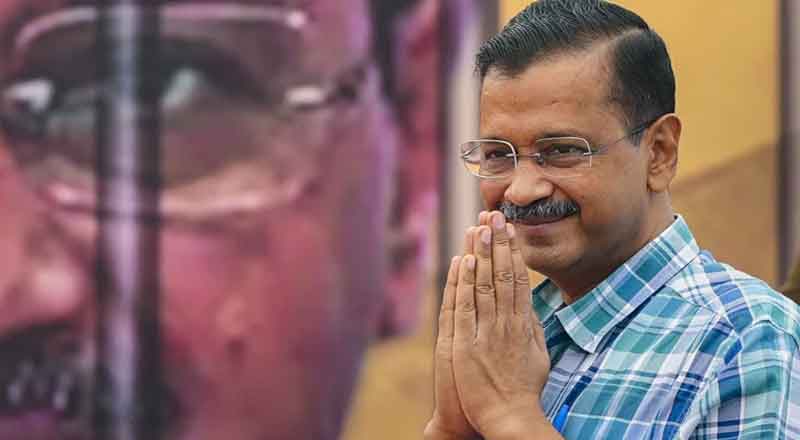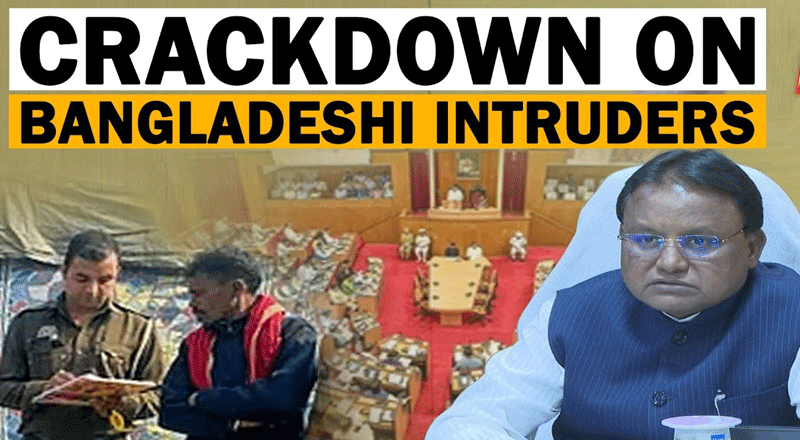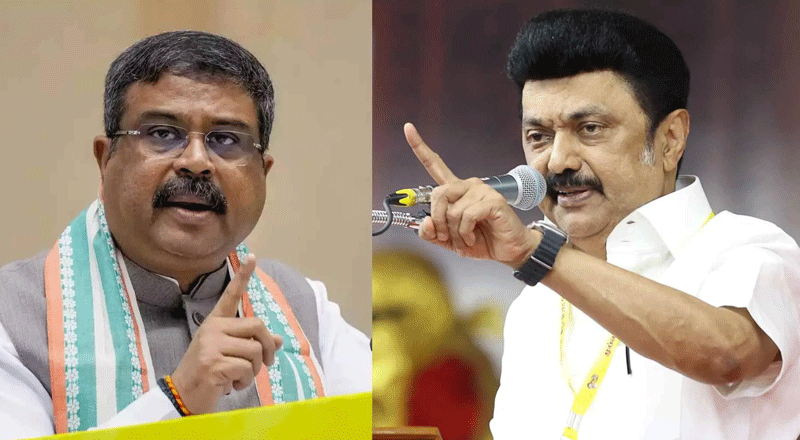A Delhi court has extended the judicial custody of Delhi Chief Minister Arvind Kejriwal until August 27 in connection with the ongoing investigation into the Delhi liquor policy case. Special Judge Kaveri Baweja granted the extension after Kejriwal appeared via video conference as his previous custody period expired.
The extension follows a supplementary chargesheet filed by the Central Bureau of Investigation (CBI) related to the case. On August 14, the Supreme Court had also denied Kejriwal’s plea for interim bail, requesting a response from the CBI regarding his challenge to the arrest.
Delhi High Court’s Stance
The Delhi High Court had previously upheld Kejriwal’s arrest as lawful on August 5. The court dismissed allegations of malice in the CBI’s actions, noting that the agency had shown evidence of Kejriwal’s potential influence over witnesses. The High Court also directed Kejriwal to seek regular bail from the trial court.
The Chief Minister, arrested by the Enforcement Directorate (ED) on March 21, was initially granted bail by the trial court on June 20. However, this order was stayed by the High Court. On July 12, the Supreme Court granted interim bail in the money laundering case, but the matter remains under investigation.
Delhi Excise Policy Case Background
The case centers on alleged corruption and money laundering related to the Delhi government’s excise policy for 2021-22. The policy, which was later scrapped, is accused of enabling cartelisation and providing undue advantages to certain liquor dealers who allegedly paid bribes. The allegations have been denied by the Aam Aadmi Party (AAP). Following the policy’s cancellation, Delhi Lt Governor VK Saxena recommended a CBI investigation, which led to the ED filing a case under the Prevention of Money Laundering Act (PMLA).





